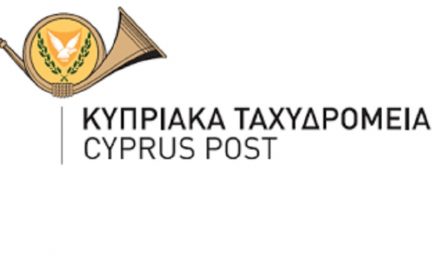
Postal service given two-year extension to fix up its act
The Cyprus Postal Service could face EU fines reaching the millions if it doesn’t get its act together, Telecommunications Regulator Vasos Pyrgos has warned.
In its 2005 report, the Office of the Commissioner of Electronic Communications and Postal Regulation (OCECPR) said that while there is sufficient competition in postal services, mainly due to express courier services, the government service has failed to meet requisite quality levels.
In 2004, the OCECPR fined the postal service GBP 10,000 for delays in delivering letters; in 2005 the fine was GBP 20,000, and in 2006 it reached GBP 50,000.
Officials claim that Cyprus has fallen short of EU delivery targets because it is the only country in the EU where the postal services are not permitted to take independent decisions to upgrade their department.
Brussels has given Cyprus and Malta a two-year extension (2013) to open up their postal services sectors, but Pyrgos said that drastic steps were needed if the Cyprus Postal Service was to become competitive by that deadline.
Lack of flexibility and poor efficiency are said to be the post’s chronic weaknesses, with some saying that key managerial and operational posts are left vacant.
Parliament has drafted a bill proposing to make the postal service a semi-governmental organization that will be able to run its own day-to-day affairs. But any sweeping changes to the regime are almost sure to provoke reaction from civil servants.
The Cyprus Postal Service still has a virtual monopoly on the market. As a state service, it is obliged to provide services to remote and hard-to-reach regions that may even be unprofitable to serve.
However, if it is able to prove that by providing service to hard-to-reach areas it runs a loss, then it will be eligible for reimbursement from a special fund.
Moreover, current regulations give the government service an edge over private couriers.
For instance, for parcels weighing up to 50 grams, a courier service is obliged to charge three times the rate of the post office.












